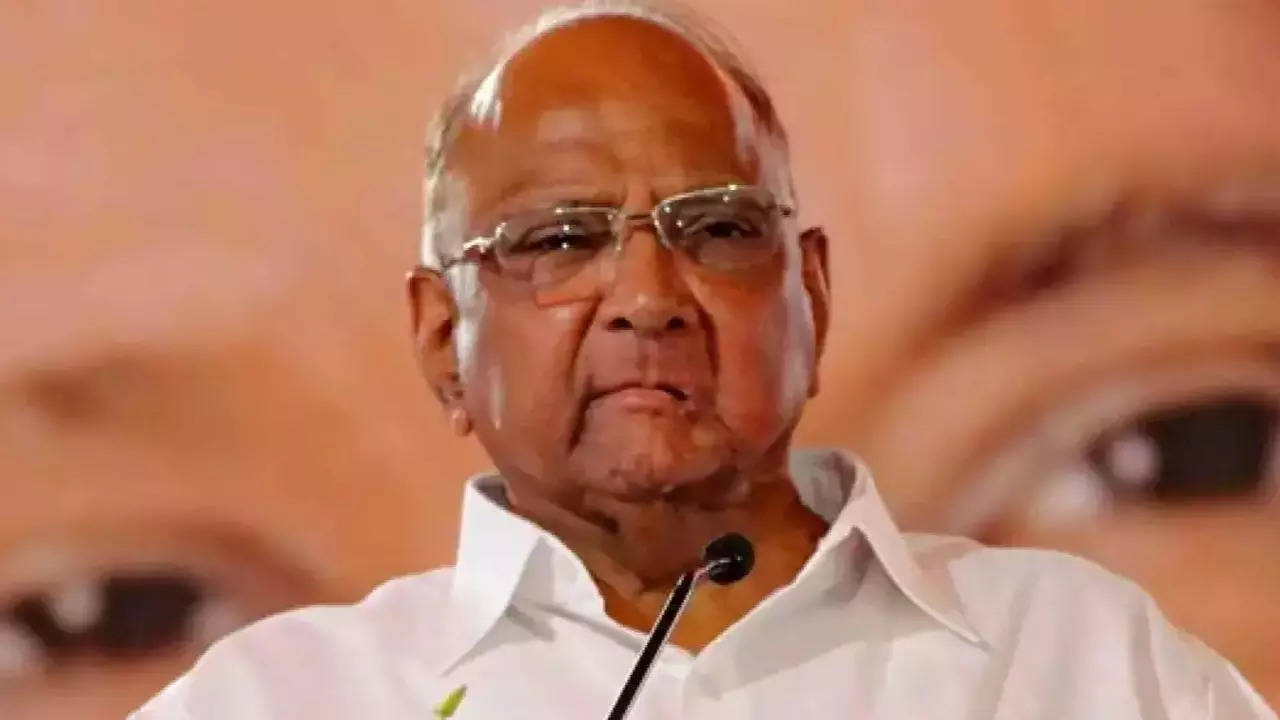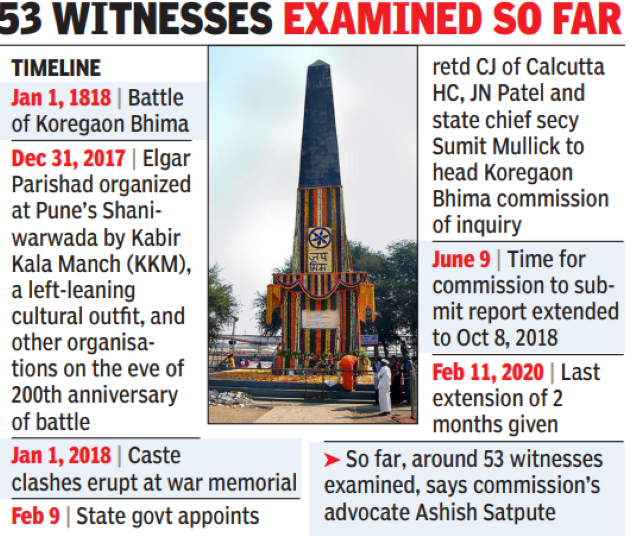
MUMBAI: NCP president Sharad Pawar filed an additional affidavit before the Koregaon Bhima enquiry commission to suggest “legal reforms” that include “repeal” of IPC Section 124A (sedition) and reintroduction of Section 66A of the Information Technology Act to ensure law enforcement agencies can maintain law and order and prevent riots, reports Swati Deshpande.
Pawar added that IPC Section 124A is “often misused against people who criticise government, suppressing their liberty, and tends to stifle any voice of dissent raised in a peaceful and democratic way” and “should be repealed. ”
‘Not alleging political agenda behind Koregaon Bhima riot’
NCP chief Sharad Pawar filed an additional affidavit on April 11 before the Koregaon Bhima commission, comprising retired Chief Justice J N Patel and Sumit Mullick, to “suggest certain reforms to the Criminal Procedure Code (CrPC) and IPC.”
He has been summoned to appear before the panel on May 5-6 in Mumbai, where the commission’s counsel Ashish Satpute will examine him.

Pawar reiterated that he has “no personal knowledge or information about the sequence of events leading to the unfortunate incident at Koregaon Bhima (Pune district) on January 1, 2018.” His first affidavit was filed last September.
He also said he was making “no allegation” against any “political agenda or motive behind such an incident.”
Pawar said, “I bow down to” the Supreme Court judgment that struck down Section 66A of IT Act as unconstitutional, but added that with its repeal, “only piecemeal action can be taken against such groups who incite communal violence and defamatory campaigns by invoking certain sections of IPC like Section 505, hence I propose an amendment in the IT Act, 2000, wherein the Section 66A can be reintroduced following the guidelines issued by the SC” with “utmost precaution not to surpass” the SC verdict to “give teeth’’ to the Act.
“The IT Act is clearly outdated as it was drafted two decades ago” and has “not kept pace with ever-evolving cybercrime challenges,” Pawar said. He said cyber crime has emerged as the top “organised crime syndicate in the world with revenues and damages worth trillions of dollars” necessitating “fresh legislation” as “inflammatory potential of online violent campaigns is very high”.
Pawar said social media platforms “lack monitoring by statutory agencies, due to which immense fake propaganda can be carried out on such platforms without any accountability,” adding that such “fake news” can lead to “serious religious tensions, caste tensions”. He said, “Section 66A had provided for cognizable and non-bailable offence against cyber crooks indulging in malicious online slanderous campaigns and spread communal hatred online etc.”
Certain provisions of CrPC need to be amended to control “riot like situations”, he said.







